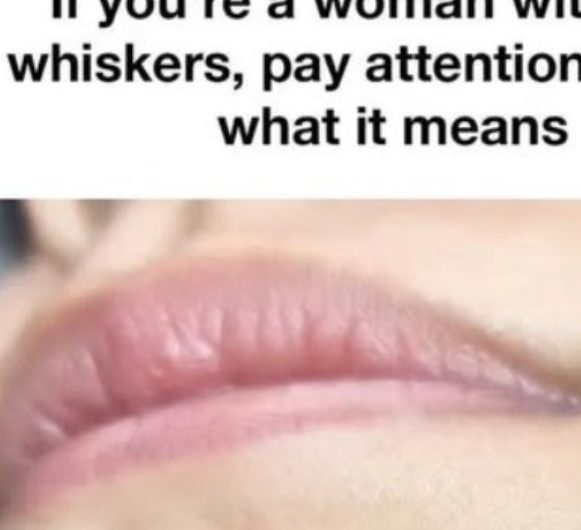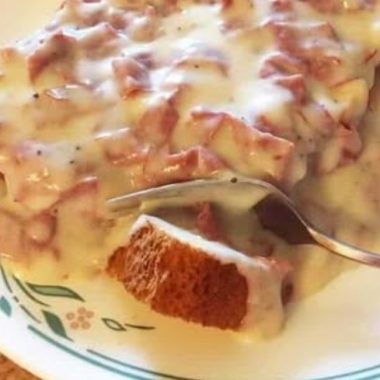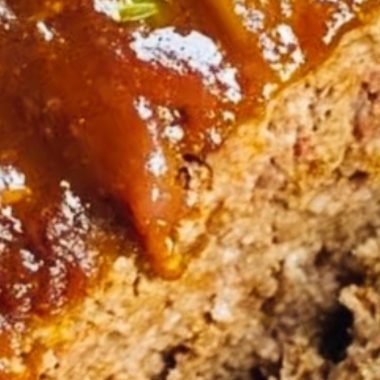Understanding Chin Whiskers in Women: Health Insights and Solutions
If you’re a woman noticing coarse hairs on your chin, you’re not alone. While occasional stray hairs are common, persistent or excessive growth may indicate underlying health issues. Let’s explore what chin whiskers could mean and when to seek professional advice.
1. Hormonal Imbalances
One of the most common causes of chin hairs in women is hormonal imbalance, particularly elevated levels of androgens like testosterone. These hormones can trigger hair growth in areas typically associated with men, such as the chin and jawline.
Common Causes of Hormonal Changes:
- Polycystic Ovary Syndrome (PCOS)
- Menopause
- Birth Control Changes
- Thyroid Dysfunction
✅ Action Step: If you experience irregular periods, acne, or weight gain alongside increased hair growth, consult your doctor for hormone level testing.
2. Polycystic Ovary Syndrome (PCOS)
PCOS is a hormonal disorder affecting millions of women of reproductive age. A key symptom is hirsutism—excessive hair growth on the face and body. Other signs include:
- Irregular or absent menstrual cycles
- Fertility challenges
- Oily skin and acne
- Dark patches of skin (especially around the neck)
✅ Health Tip: Early diagnosis and treatment, ranging from lifestyle changes to medication, can effectively manage PCOS symptoms.
3. Genetics and Ethnicity
Genetic factors and ethnicity can also influence hair growth patterns. Some women naturally have more facial hair due to hereditary traits. Understanding your family history can provide insights into whether your chin whiskers are a genetic trait or a health concern.
Ingredients for Managing Chin Whiskers Naturally
- Spearmint Tea: Helps reduce androgen levels.
- Turmeric: Anti-inflammatory properties that may balance hormones.
- Aloe Vera: Soothes skin and reduces hair growth when applied topically.
- Cinnamon: Improves insulin sensitivity, beneficial for PCOS.
- Flaxseeds: Rich in omega-3s and lignans, which support hormonal balance.
Incorporate these ingredients into your diet or skincare routine for natural management of chin whiskers.






